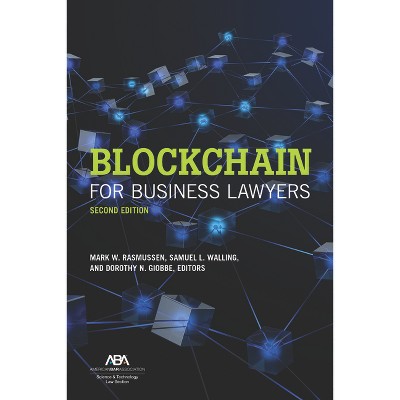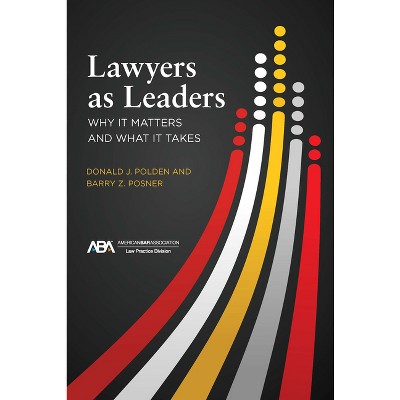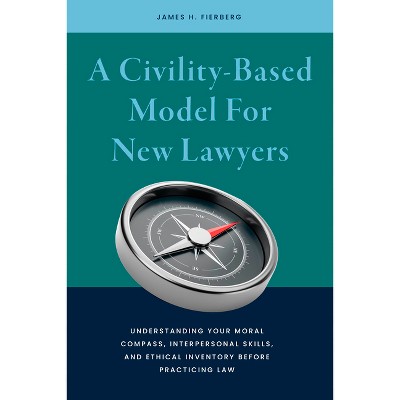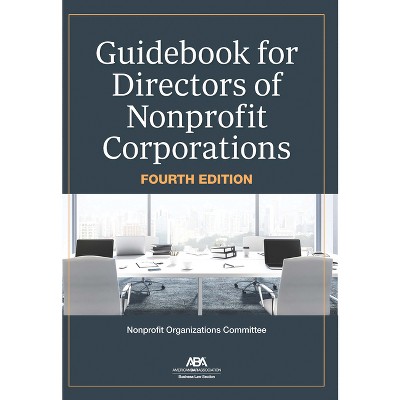Sponsored

The Science and Technology Guidebook for Lawyers - by Cara Morris Cara Morris & Joseph R Carvalko (Paperback)
In Stock
Sponsored
About this item
Highlights
- Legal professionals, who work in areas where law, science, and technology converge, don't need a PhD to effectively represent their clients, but they do need a grounding in how science and technology are integrally related in today's society.
- About the Author: Joseph R. Carvalko is a lawyer practicing in technology law and intellectual property in Milford, CT.
- 408 Pages
- Science, General
Description
About the Book
Legal professionals who work in areas where law, science, and technology converge, don't need a PhD to effectively represent their clients, but they do need a grounding in how science and technology are integrally related in today's society. This book provides an easily understandable explanation of particular sciences and technologies by analyzing specific cases.Book Synopsis
Legal professionals, who work in areas where law, science, and technology converge, don't need a PhD to effectively represent their clients, but they do need a grounding in how science and technology are integrally related in today's society. Understanding how science works, what constitutes a valid science and its limitations, enables a lawyer to assess how a scientific discovery or technological innovation affects a client's interests. This book provides an easily understandable explanation of particular sciences and technologies by analyzing specific cases.
The book begins with a survey of the question "What is science?" through two different lenses--the scientist and the legal practitioner. Examples are drawn from forensic science to illustrate the importance of practicing good science, followed by a short treatise on the philosophy of science. Next, the text focuses on the important role that definition and interpretation play in framing the legal issues dependent on science and technology. Subsequent chapters cover:
- Forensics
- Estimating (statistics, distributions, variation, etc.)
- Science and technology policy (focusing on genetic engineering)
- Federal evidentiary standards
- Fourth Amendment and communications technology
- Forms of technology protection (Intellectual property, copyright, software technology, trademark and the internet)
- Patents and transformative technology
- Issues in biotechnology
- Economic and societal impacts when law, science, and technology converge
In order to effectively represent a client's interests competently where law, science, and technology come together, a lawyer must be qualified to analyze techno-scientific information as if it were within his or her sphere of knowledge. This text lays the basis for achieving this important objective.
Review Quotes
"All I can say is that THIS BOOK IS ABSOLUTELY BRILLIANT!"--Gerald Gluck, Ph.D., LMFT, PA BCN, (Board Certified In Neurofeedback) Sr. Fellow 2 Center for Family Counseling and Biofeedback "N/A, N/A"
About the Author
Joseph R. Carvalko is a lawyer practicing in technology law and intellectual property in Milford, CT. Cara Morris is a partner in Hoffman and Morris, PL, Florida where she represents clients as their needs relate to technology law and civil litigation.










